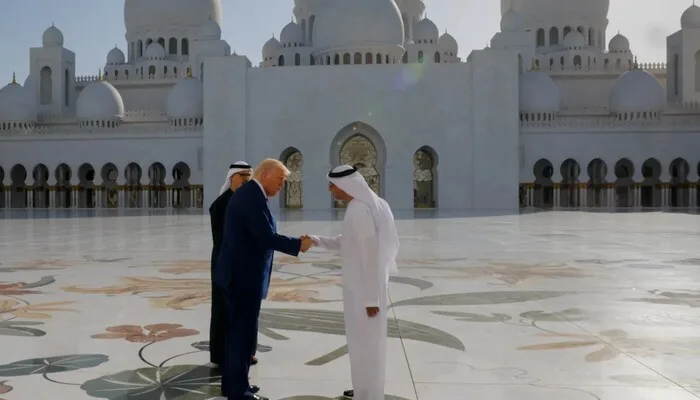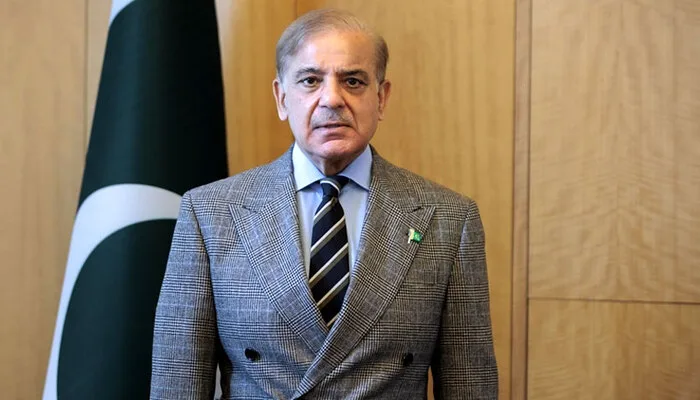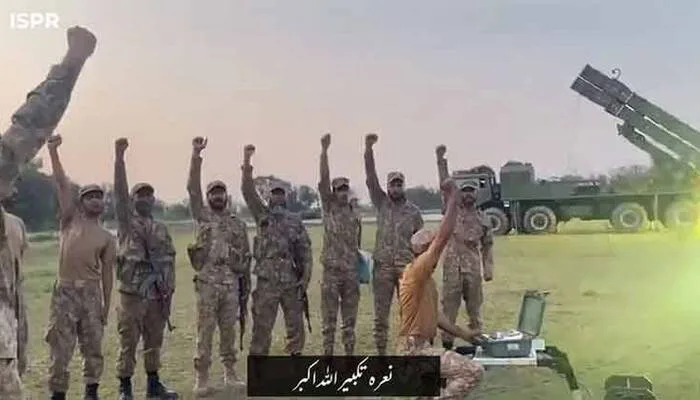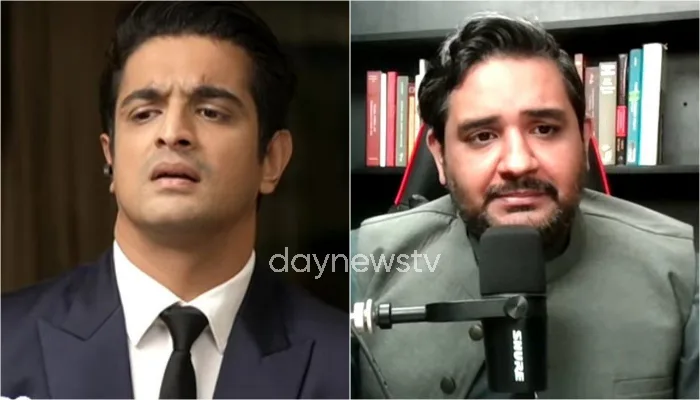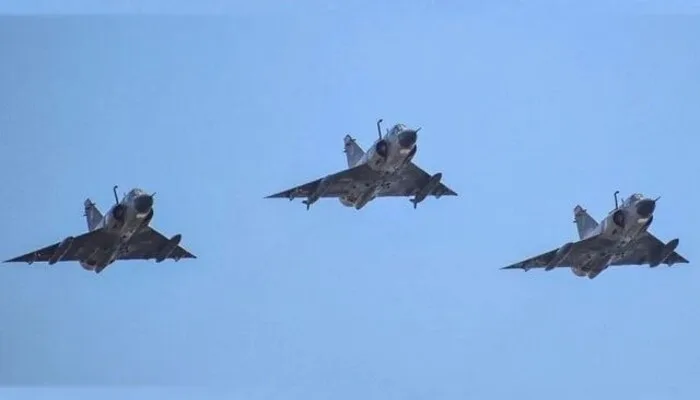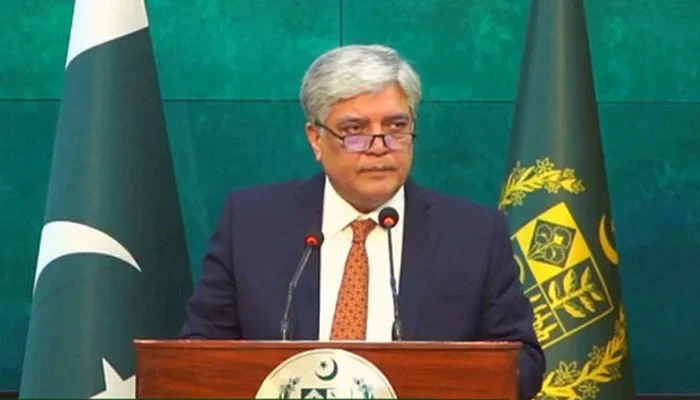
In a bold diplomatic move, Pakistan has proposed a zero-tariff trade agreement with the United States, aiming to deepen bilateral trade across diverse sectors. This initiative follows the recent ceasefire between Pakistan and India, which was brokered by US President Donald Trump.
Push for Economic Cooperation After Ceasefire
The proposal comes as part of Islamabad’s broader effort to shift focus from regional tensions to economic development. After days of high-intensity cross-border military exchanges with India, the ceasefire brought temporary calm to South Asia. President Trump, who played a key role in de-escalating the conflict, voiced strong support for enhancing US trade ties with both India and Pakistan.
Conflict Background
The hostilities began after a deadly attack on April 22 in Indian Illegally Occupied Jammu and Kashmir (IIOJK), which resulted in the deaths of 26 tourists. India accused Pakistan-based elements of orchestrating the attack, a claim Pakistan denied outright.
In retaliation, India launched airstrikes targeting areas in Pakistan, which Islamabad said were mostly civilian zones. Pakistan then responded with “Operation Bunyan-un-Marsoos,” targeting multiple Indian military installations.
Read: Pakistan, India DGMOs Hold Third Hotline Contact Since Ceasefire
Turning Conflict Into Opportunity
In the aftermath of the ceasefire, Pakistan is now looking to pivot toward trade diplomacy. Officials believe a zero-tariff agreement could serve as a cornerstone for stronger economic cooperation with Washington. The proposal includes removing import and export duties across selected sectors to stimulate mutual investment and supply chain integration.
Strategic Timing and Broader Goals
Pakistan’s pitch aligns with Trump’s renewed interest in enhancing trade with strategic allies in the region. The move also highlights Islamabad’s intent to leverage the current diplomatic momentum to secure long-term economic benefits.
While the United States has yet to issue an official response, the idea of a zero-tariff framework could gain traction amid ongoing discussions on regional stability and economic recovery.
Follow us on Google News, Instagram, YouTube, Facebook,Whats App, and TikTok for latest updates




